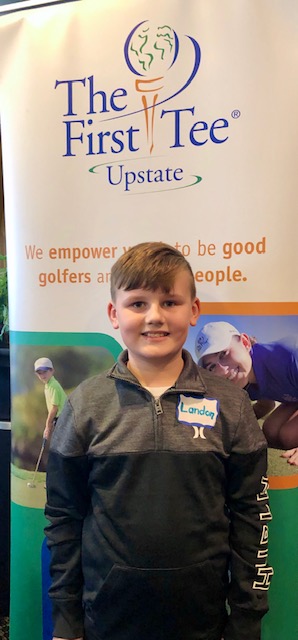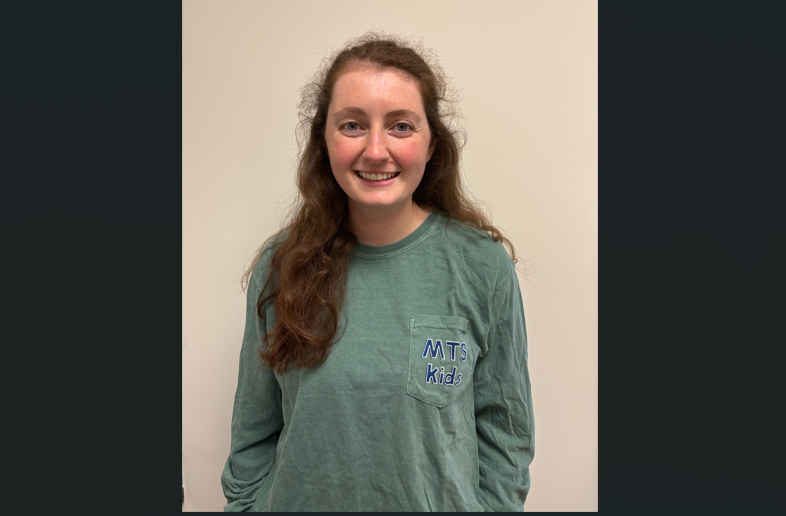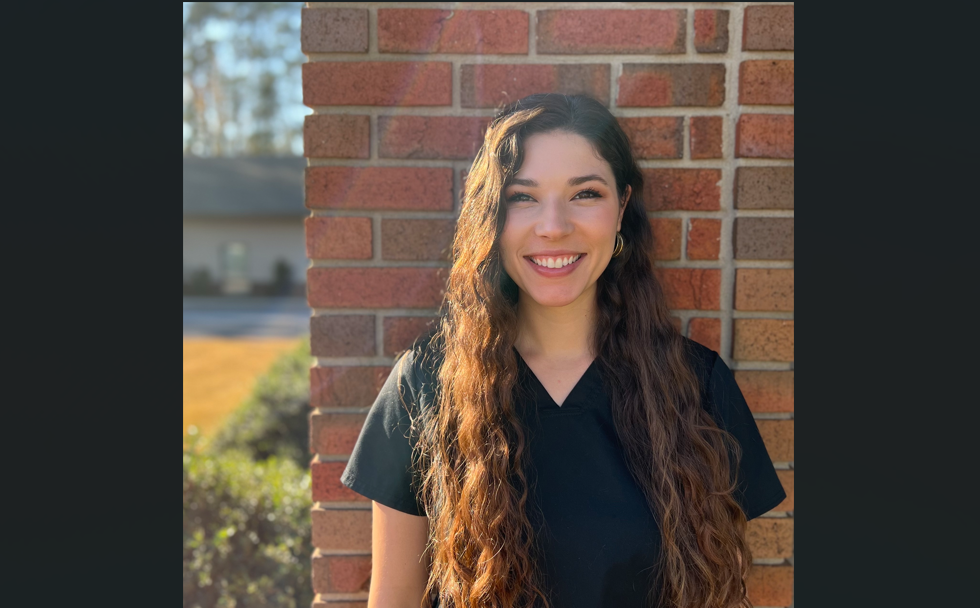By Brandi Daniels
Autism Acceptance
April is here and many recognize April as Autism Awareness Month. There is always a fair amount of “lighting it up blue” and puzzle pieces galore. While all of that is appreciated, as the mother of an 11 year old with autism, it is simply not enough. I think by now we are all pretty “aware” of autism. What we need more of is acceptance.
A little background on our family. Landon was 2 ½ years old when he was diagnosed with autism. He wasn’t speaking, making eye contact, or responding to his name. All common characteristics of autism. The diagnosis was difficult to hear but with it came help from all corners in the form of 40 hours of therapy per week, non-stop appointments, and waiting lists.
Fast forward a bit. As your child gets older things start to change. Suddenly he isn’t a cute blonde hair, blue eyed 3 year old that everyone loves. Everyone seems able to overlook the quirkiness and differences when they are that age. But he is now a pre-teen complete with all the moodiness and hormonal changes that come along with that. Not much different from his neurotypical counterparts. He is taller than me now but that doesn’t change the fact that he still struggles with reciprocal communication or that his speech can be difficult to understand. Social interactions are becoming increasingly more complex. He struggles to be himself in a world that doesn’t understand him. A square peg forced into a round world.
My son has no friends. I tear up as I type that. There are no sleepovers, movies, or adventurous outings. I do not say that for pity for myself nor him. We are a close, loving, happy family and Landon is an amazing young man who makes me so very proud every day. I do wonder though, how things might be different if autism acceptance was as prevalent as autism awareness. So how does that happen? Acceptance starts within your own home. It happens with the conversations and connotations you express with your neurotypical children when it comes to people different from them. Whether that difference be ability, disability, race, etc. how are you approaching those conversations within your home? Are you inadvertently instilling intolerance? Or do you highlight the wonderful benefits diversity can bring into their life. Create an open line of communication with your children about navigating relationships with people different from themselves. Acceptance is hard. Acceptance means putting in the work and moving past preconceived notions of who a person is. A person with autism is not a puzzle to be solved. Their differences can and should be celebrated. A person with autism just wants to be seen, not pitied. They bring so much to the table and can be the most loyal of friends if given a chance. Not a virtue signaling but a real chance to show you their atypical greatness. Everyone wants meaningful friendships in their life. Even the quiet kid that seems disinterested in those things.
Awareness is good. Acceptance is paramount. Let’s all take steps to do better and be better.
Brand Daniels serves as our Patient Account Manager at MTSKids. She specializes in helping families find resources for their children.
Do you ask yourself: “Are my child’s speech and language skills where they need to be?” Request a complimentary screening today!





